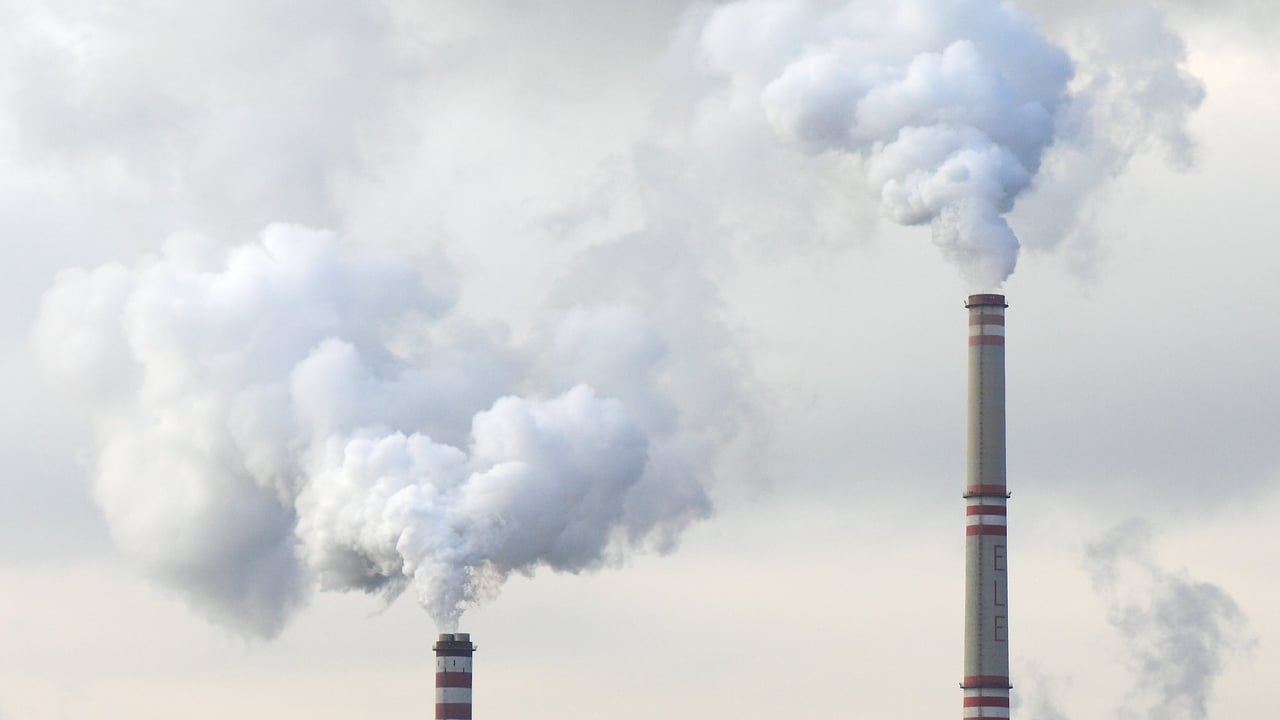Report: 35% drop in global finance for fossil fuels
A new report by Oil Change International and Friends of the Earth US reveals that between 2019 and 2021, the G20 countries and multilateral development banks (MDBs) provided at least $55 billion/yr in international public finance for fossil fuels.
This is a 35% drop compared to previous years (2016-2018), but is almost twice the support provided for clean energy, which averaged only $29 billion/yr, according to the organisations.
However, report authors claimed that international public finance flows are often volatile and that to be aligned with climate goals, public support for fossil fuels needs to end entirely.
The authors add: "To continue this trend of decreasing fossil support, key G20 governments will need to meet a joint pledge made by 39 countries and institutions at last year’s global climate conference to end direct international public finance support for fossil fuels by the end of 2022 and instead fully prioritise public finance for clean energy."
The report highlights that G20 countries Canada, the US, Germany, and Italy continue to be large fossil financiers.
However, the organisations stated that a growing number of other countries have reaffirmed that clean energy is the path to affordable energy, not fossil gas.
With one week left until the global climate conference in Egypt (COP 27) and two months left until the end of 2022, policies released by the UK, European Investment Bank (EIB), Denmark, France, Finland, and Sweden ban support for gas extraction, processing, and key infrastructure like liquefied natural gas (LNG) and pipelines.
They place varying restrictions on support for gas power.
The report also finds that if all G20 countries and MDBs fully shift their international fossil support to clean energy, it would nearly triple their current annual average for clean energy to $85 billion.
To reach this total, other large G20 providers of public finance, including Japan, South Korea, and China, would need to join their peers as Glasgow Statement signatories and meet the new commitment.
Other key findings include:
The authors of the report have claimed that public finance for fossil fuels undermines the effectiveness of climate finance, which is still not delivered at either the scale promised by rich countries ($100 billion/yr in additional finance from 2020) or needed.
Claire O’Manique, a lead author and public finance analyst at Oil Change International, said: “International public finance is urgently needed to build a globally just energy transition. But it cannot play this critical role if G20 countries and MDBs continue to funnel $55 billion annually into climate-wrecking fossil fuel projects.
"It is well past time that public finance dollars are spent to remedy fossil fuel colonialism by funding real solutions," she added.





